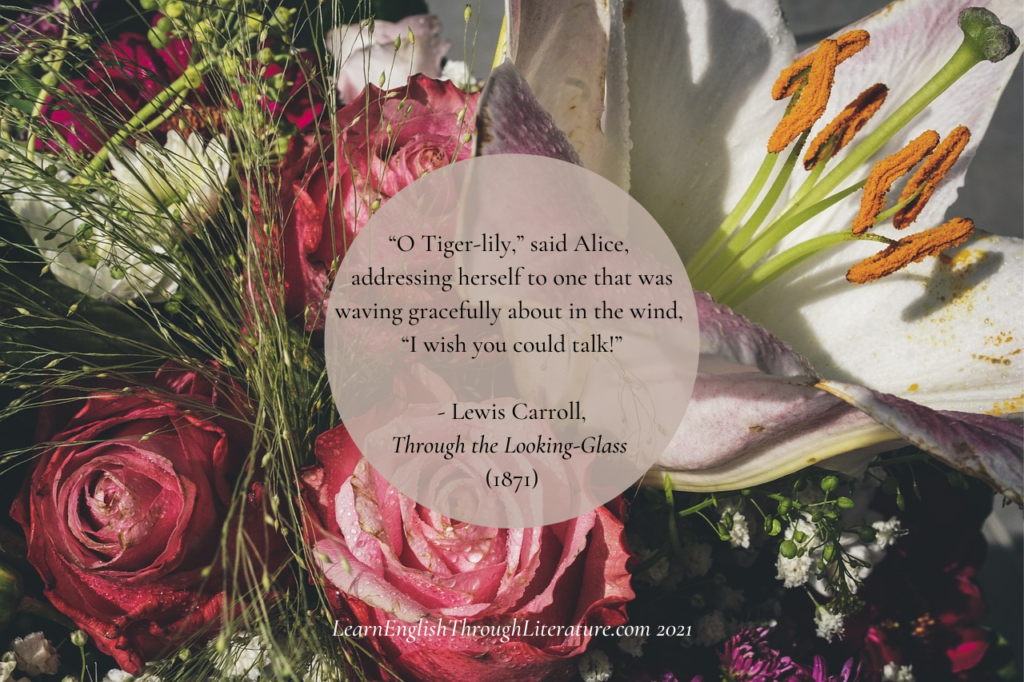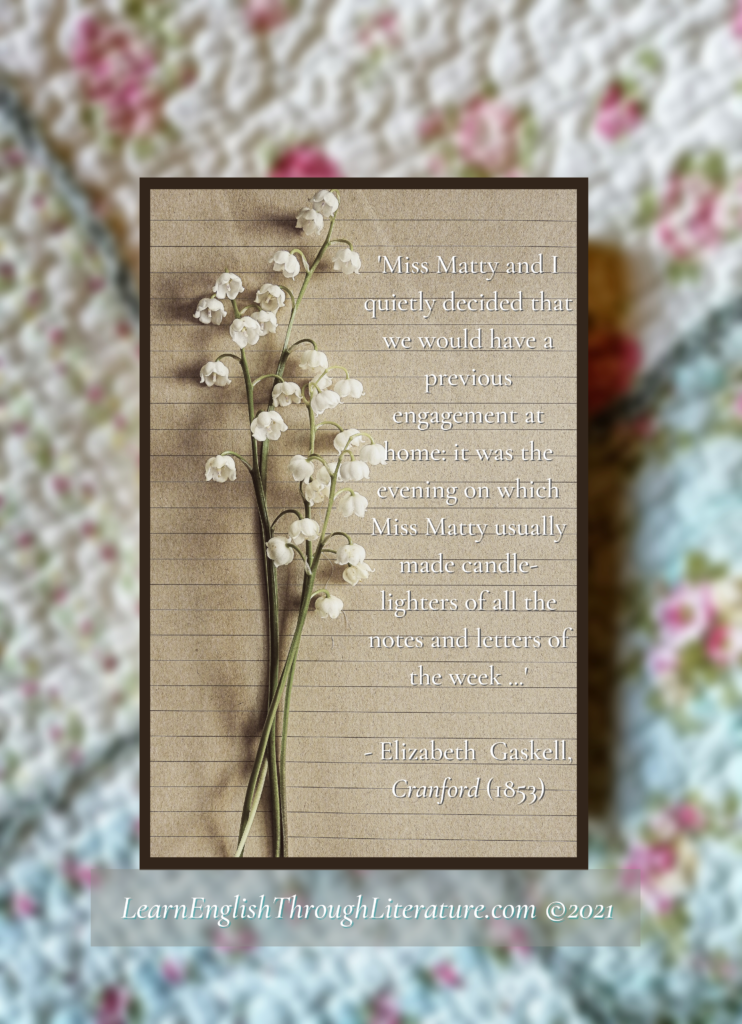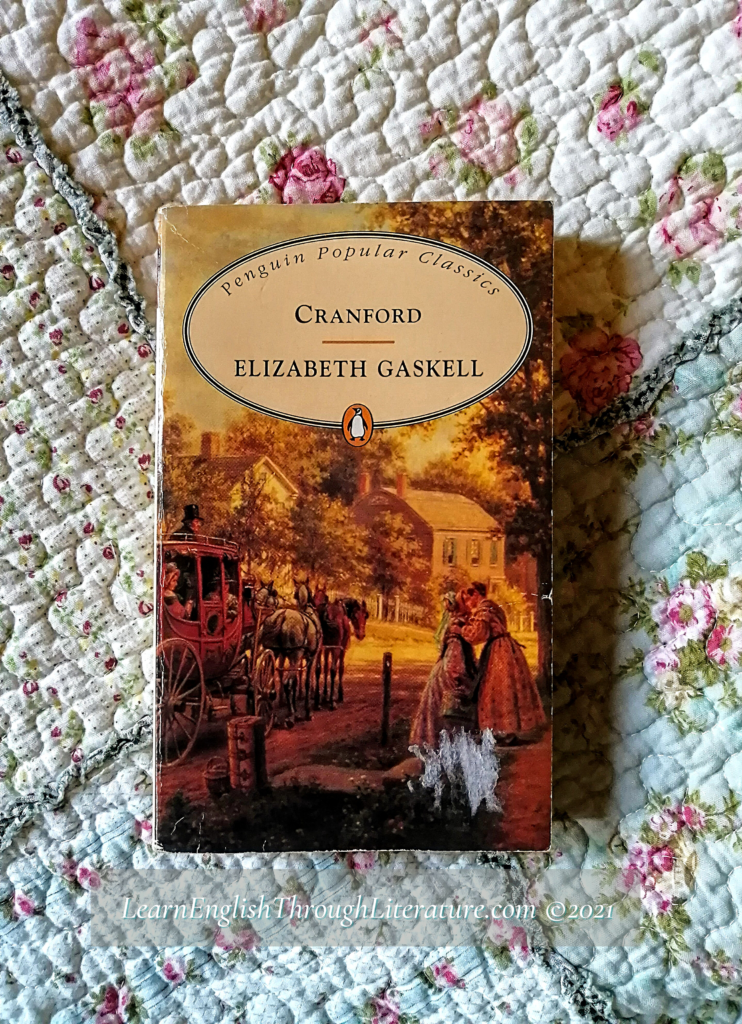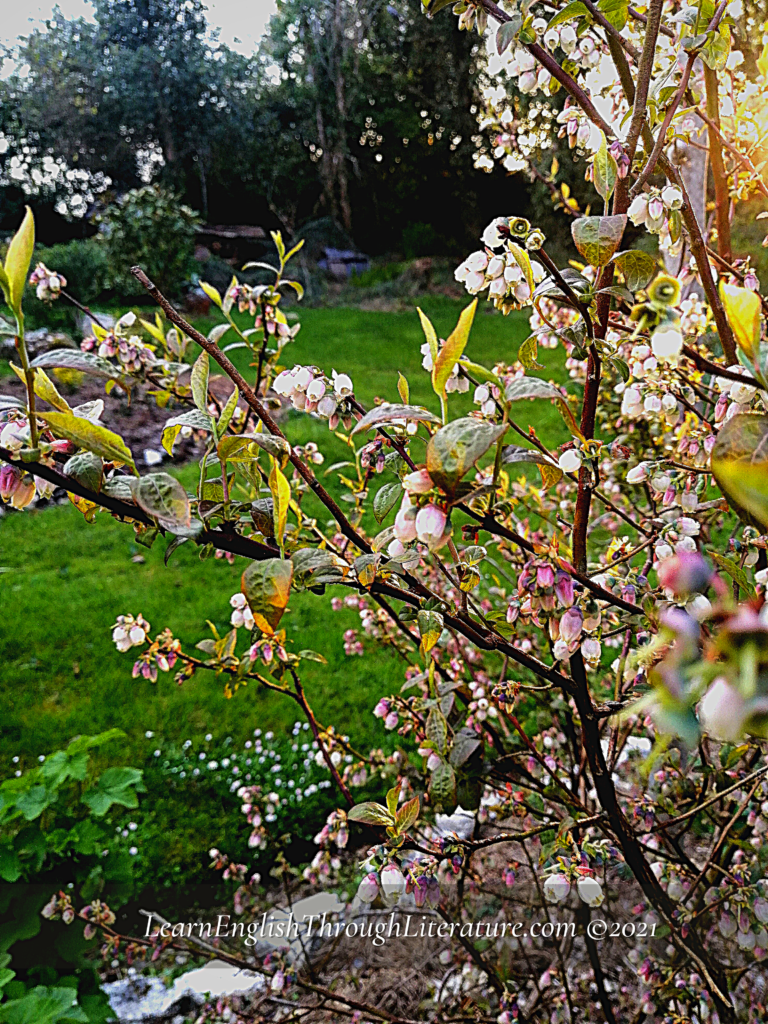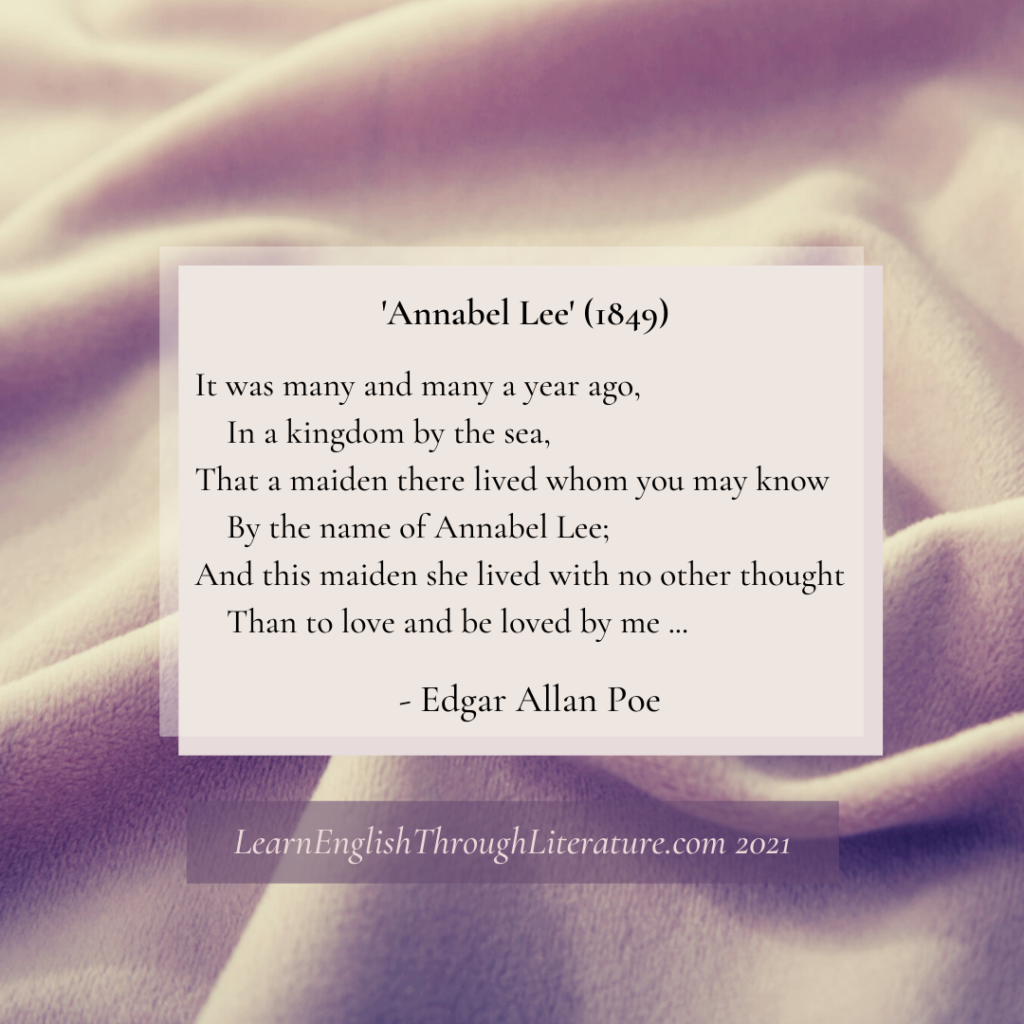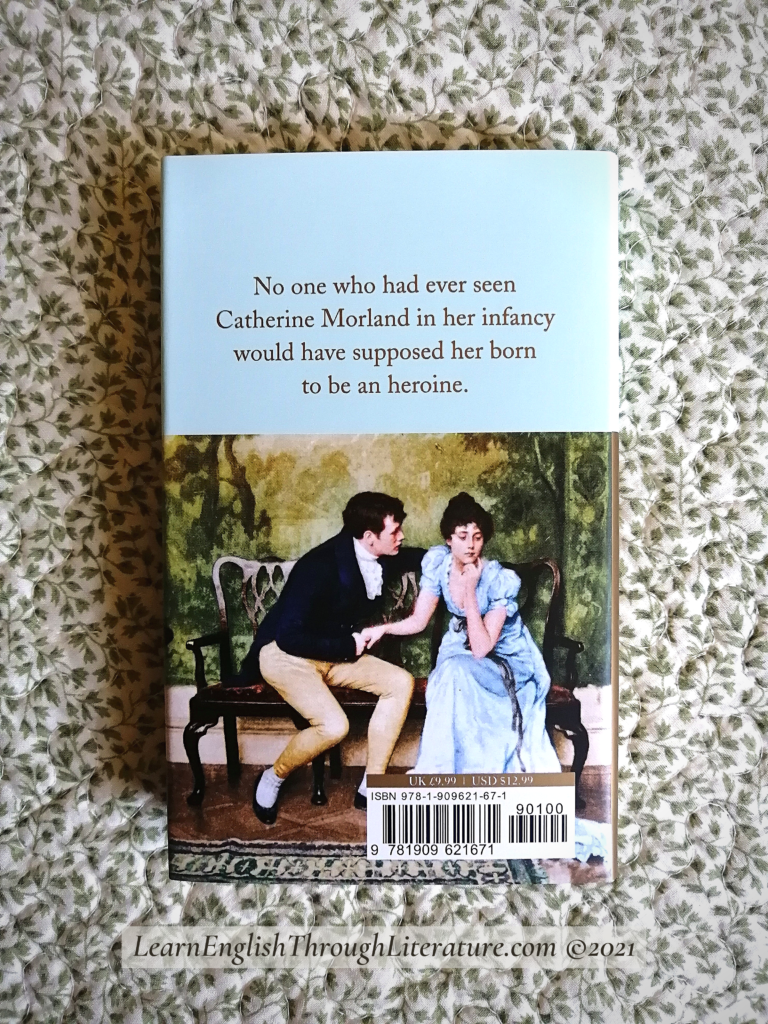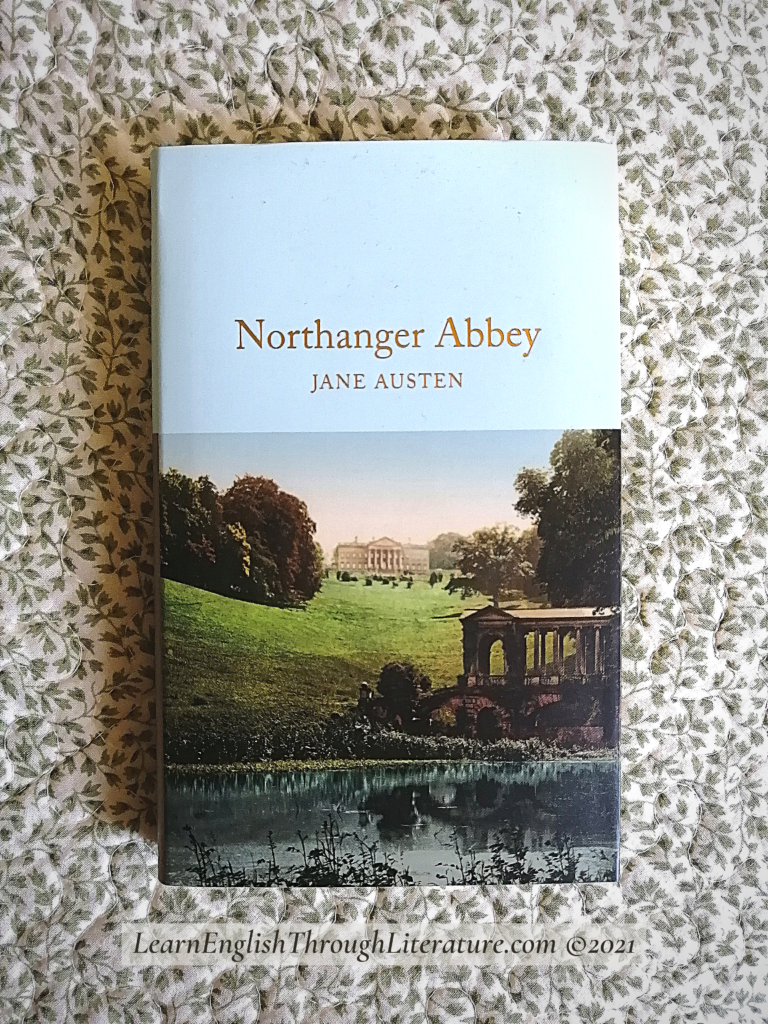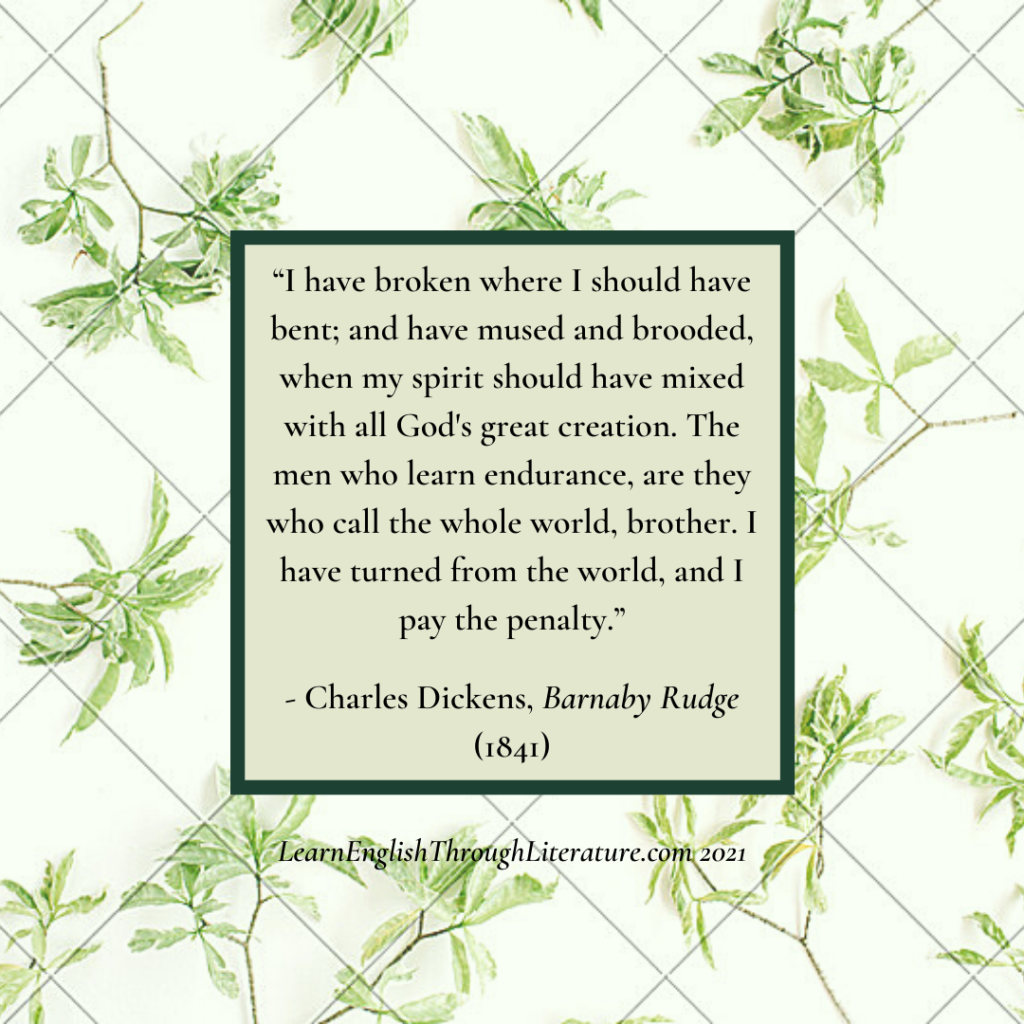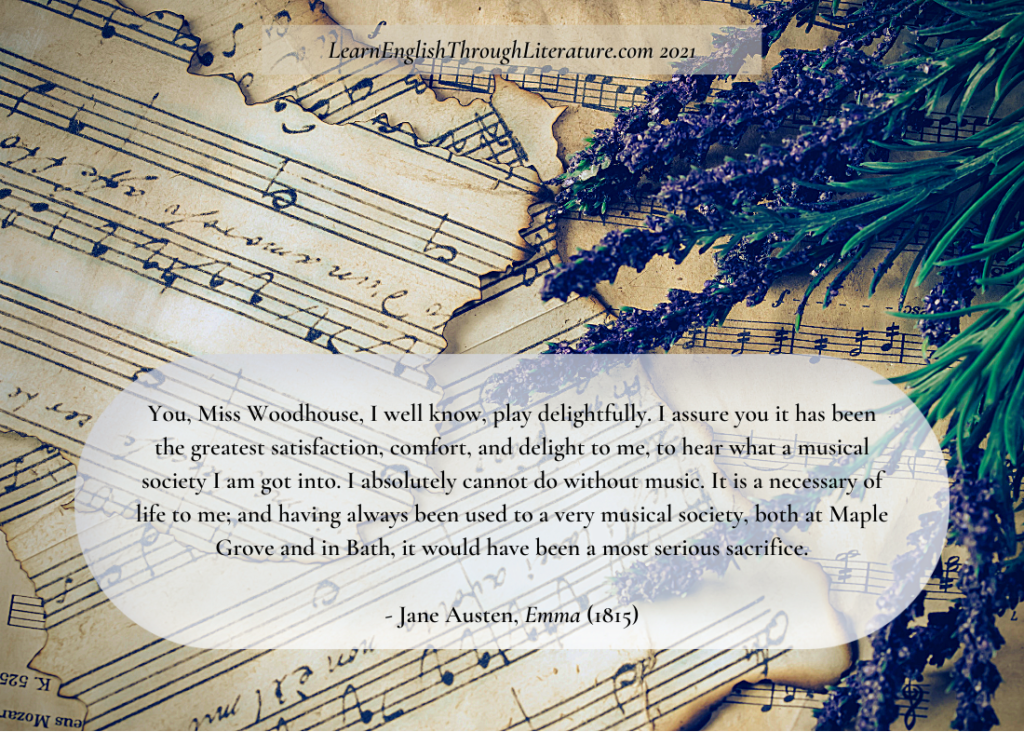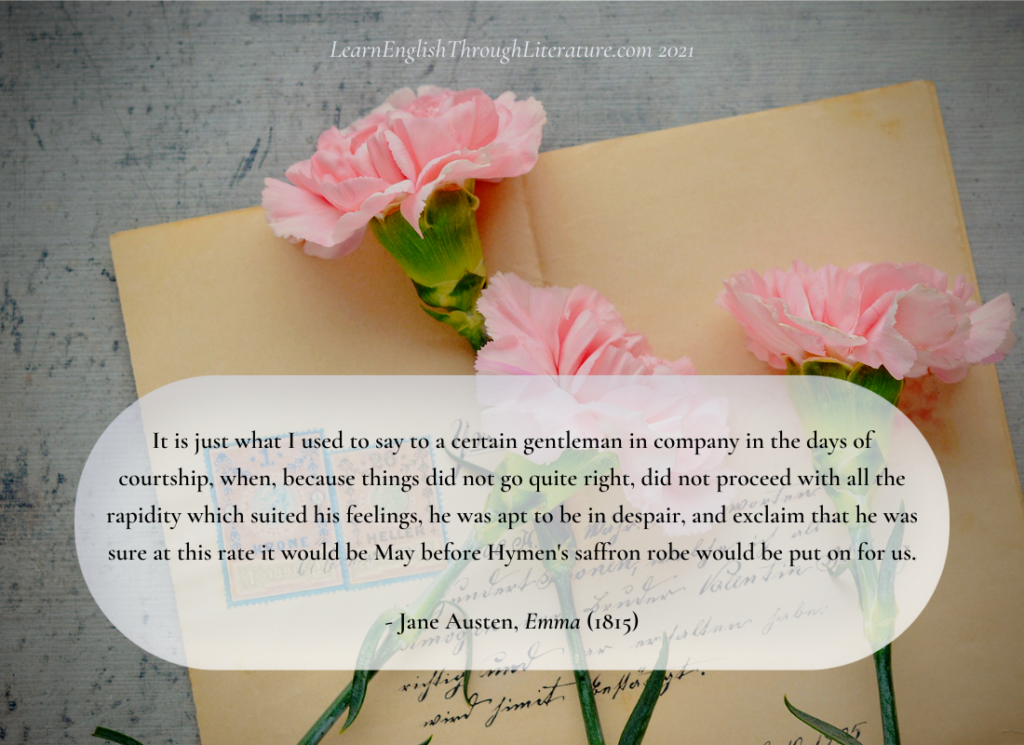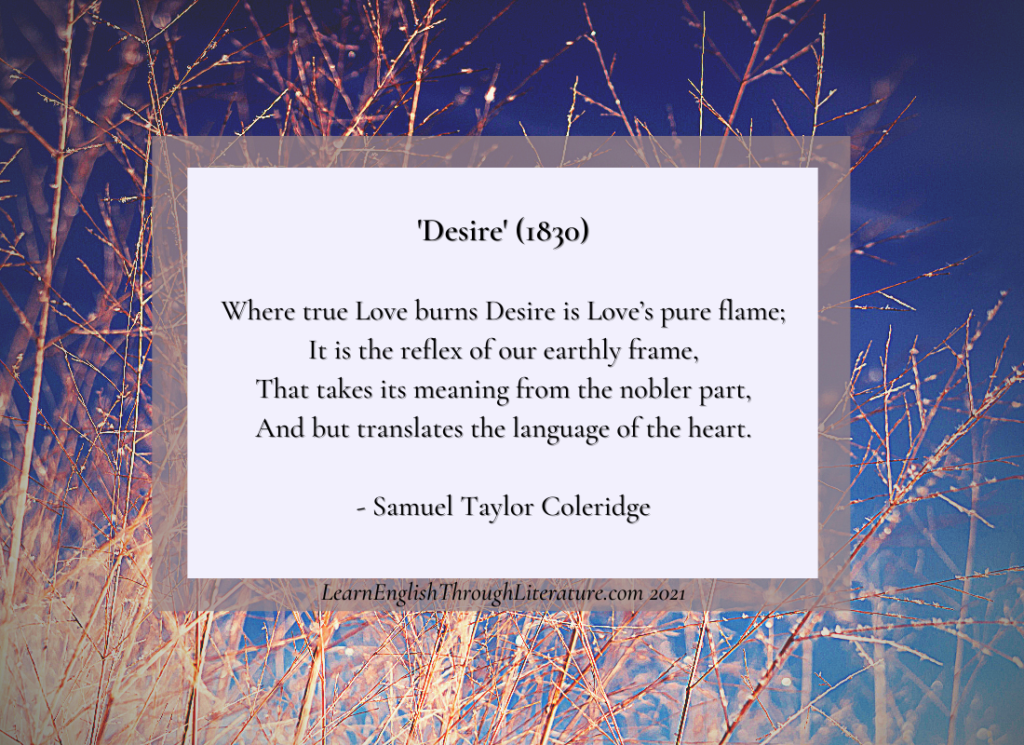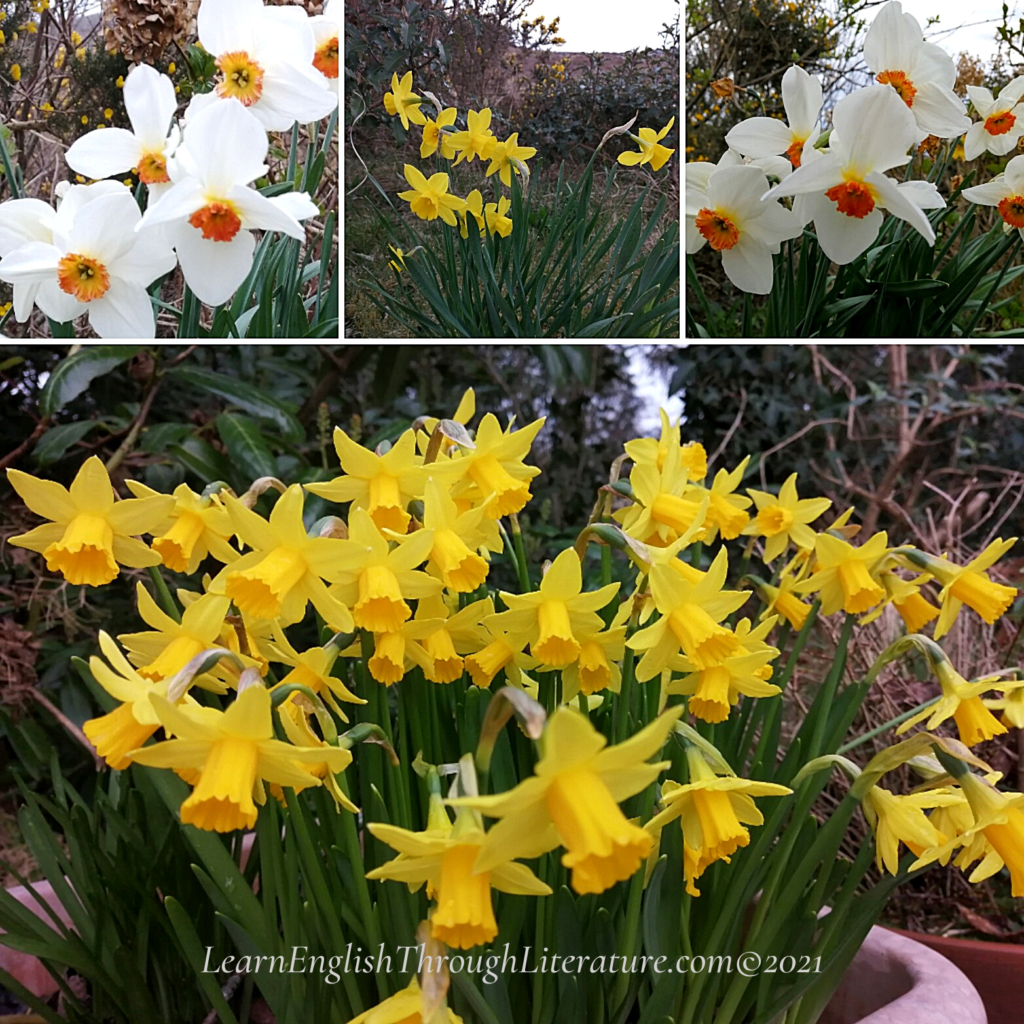Lesson #223: Avoiding confusion in your writing: 3 Punctuation Tips
📗 “I don’t understand you,” said Alice. “It’s dreadfully confusing!” “That’s the effect of living backwards,” the Queen said kindly: “it always makes one a little giddy at first—” “Living backwards!” Alice repeated in great astonishment. “I never heard of such a thing!” – Lewis Carroll, Through the Looking-Glass (1871) … Have you ever read […]
Lesson #223: Avoiding confusion in your writing: 3 Punctuation Tips Read More »

